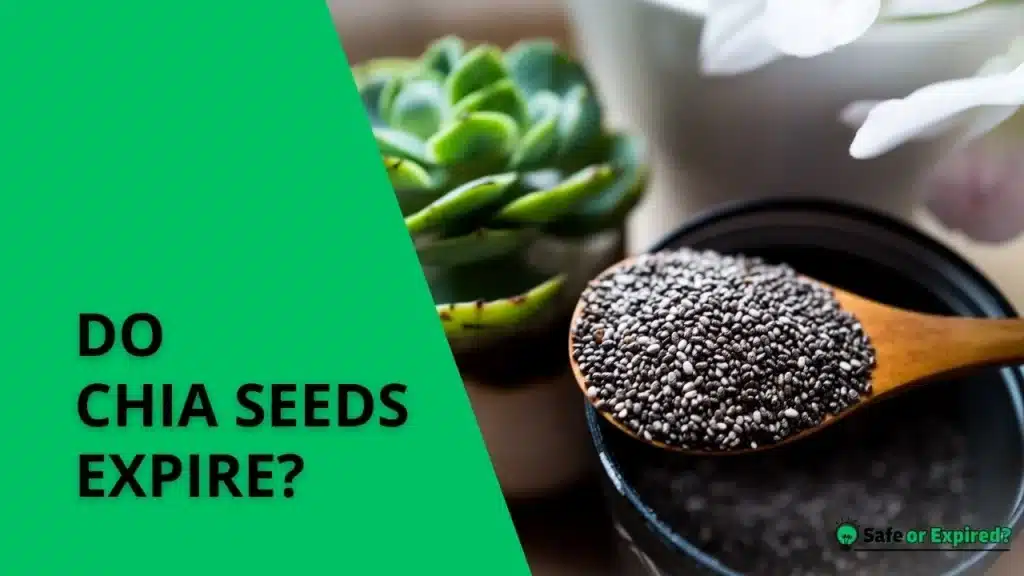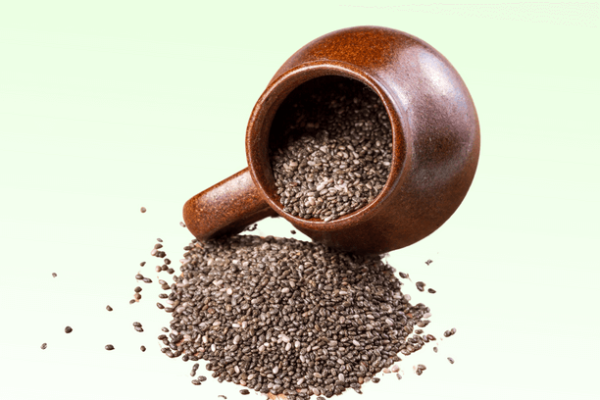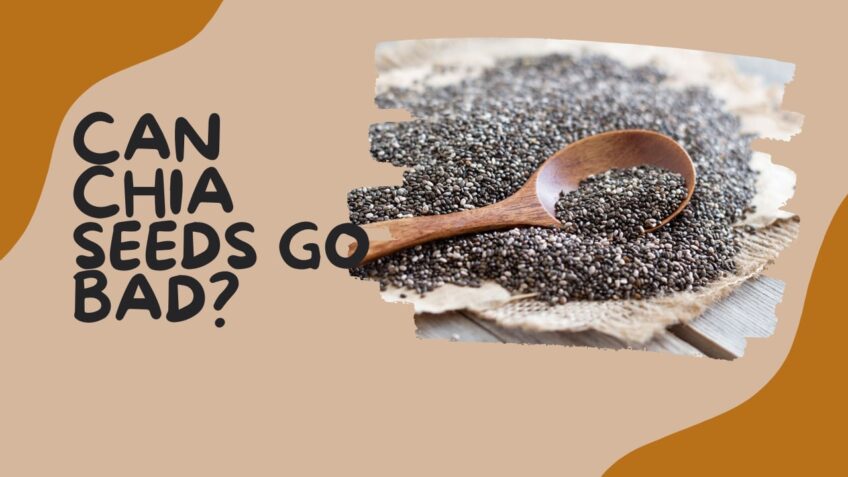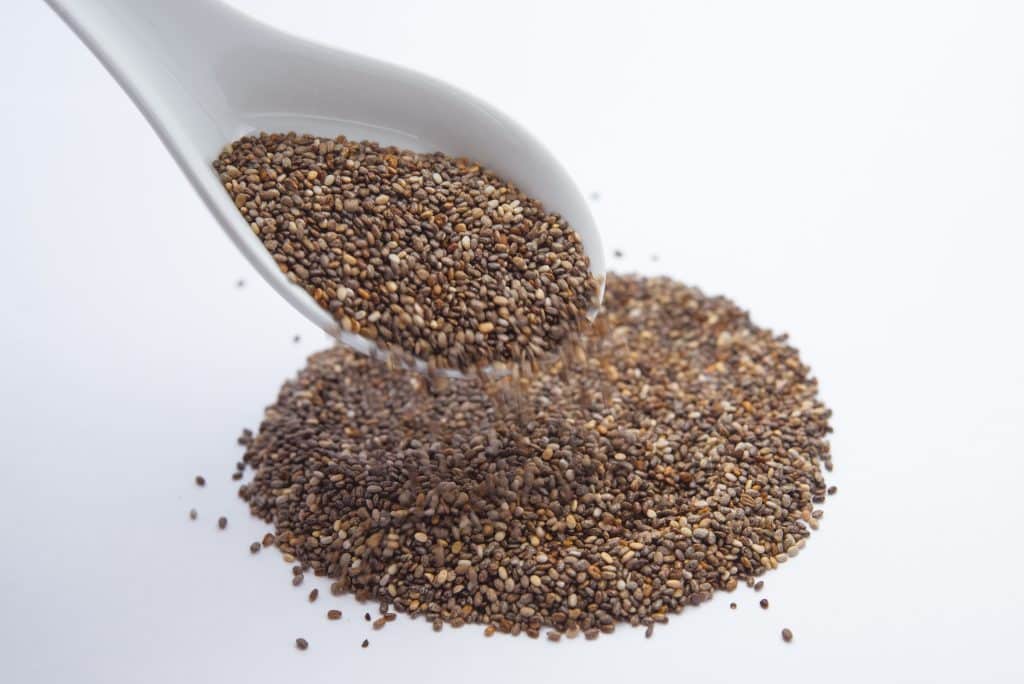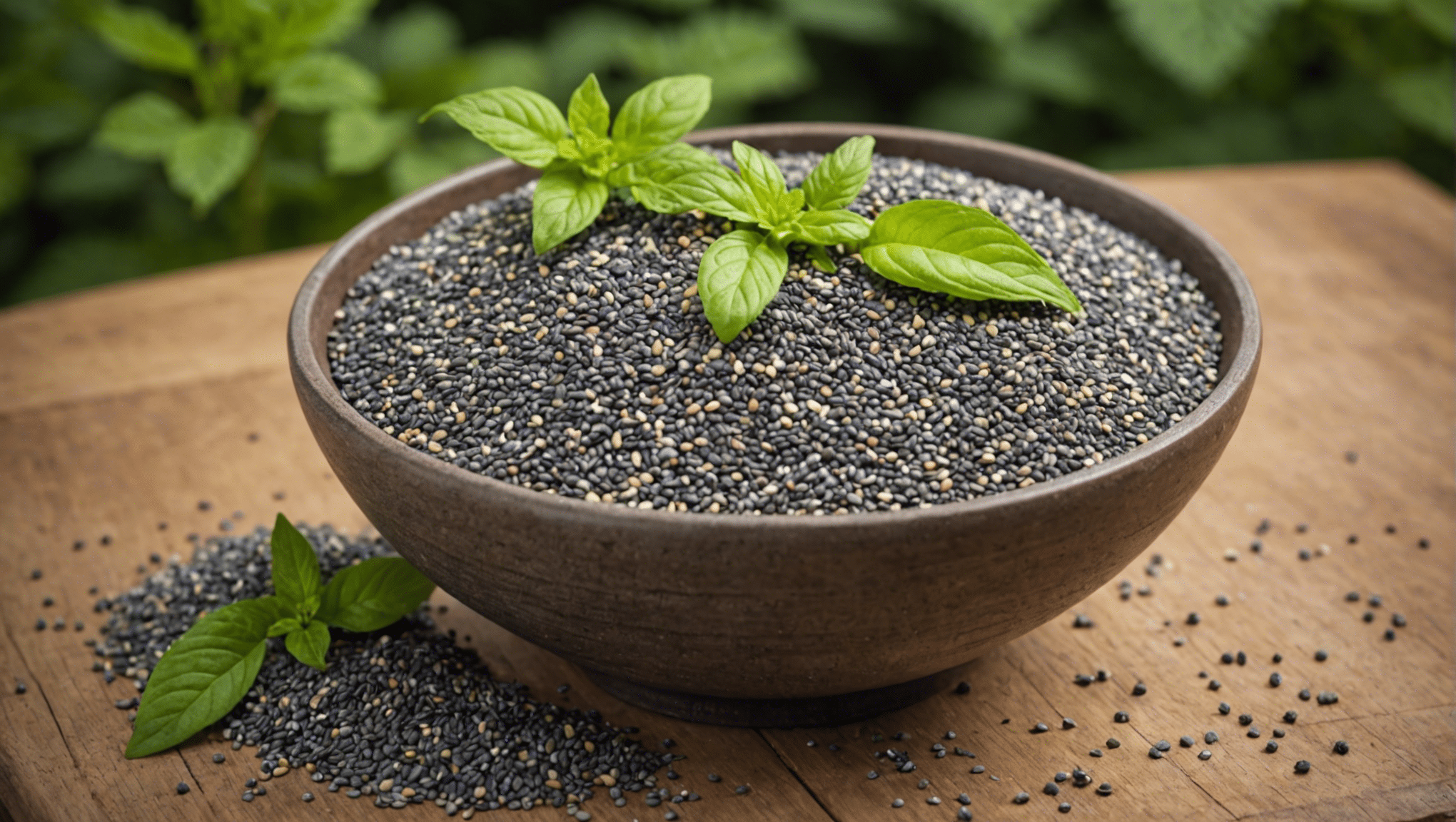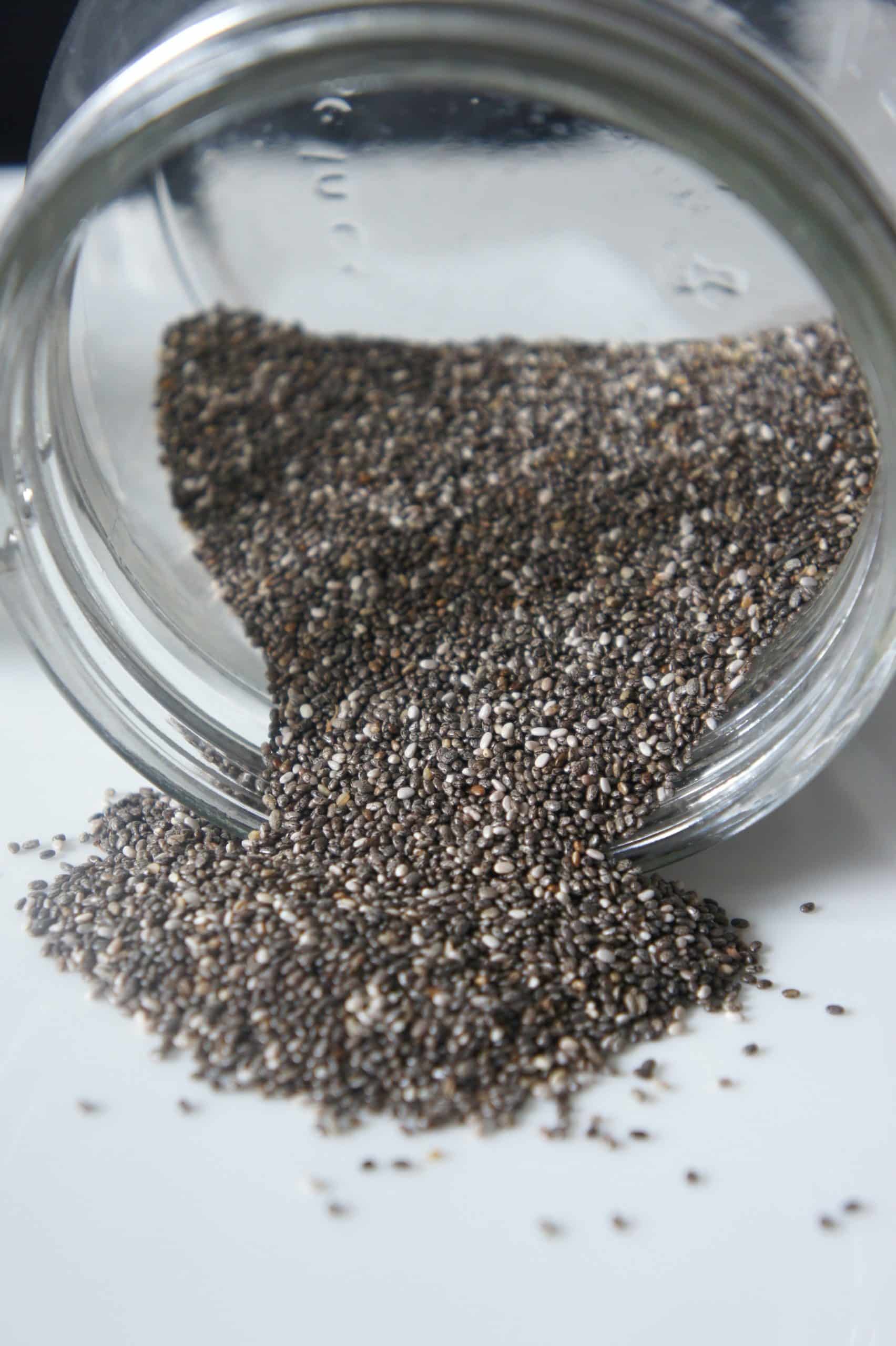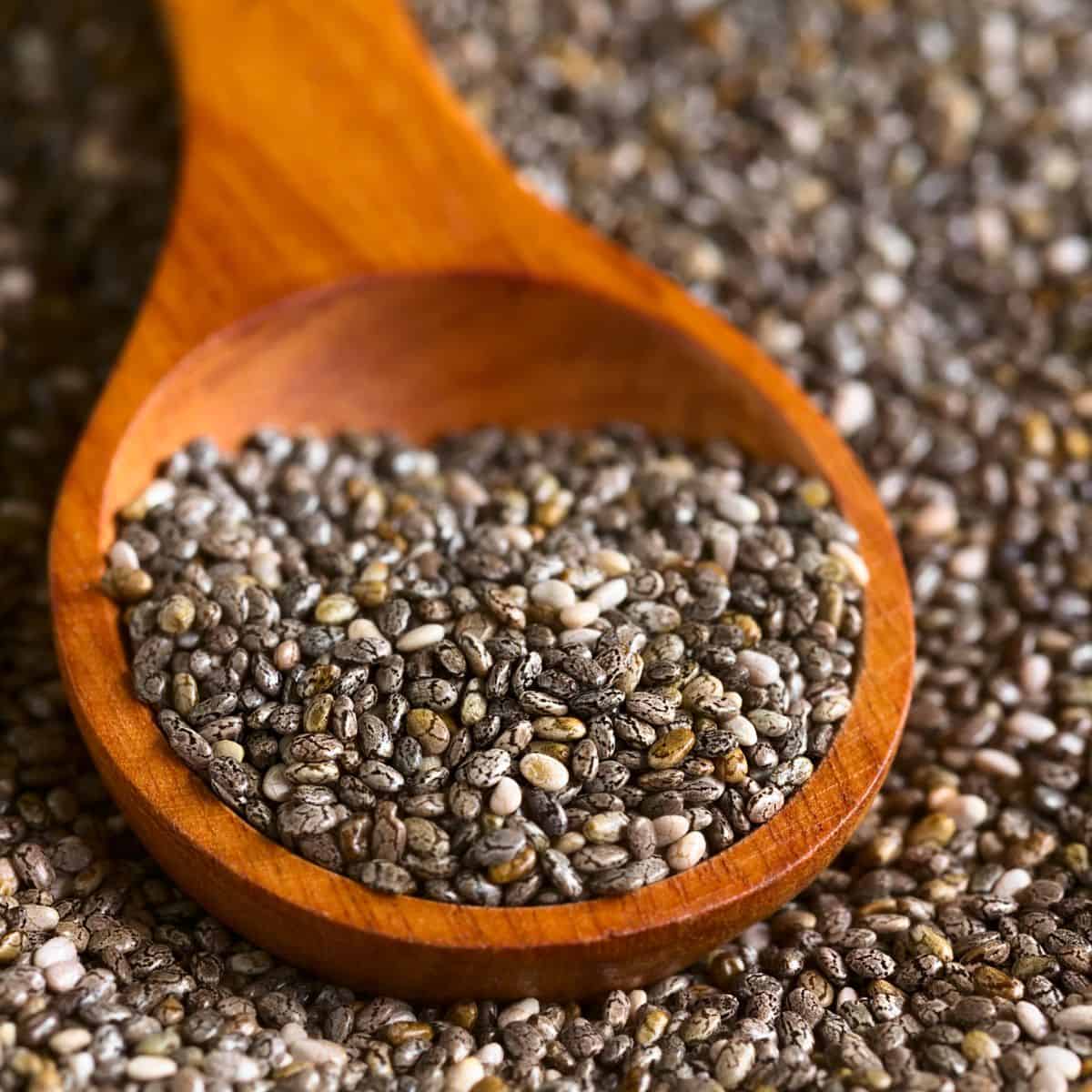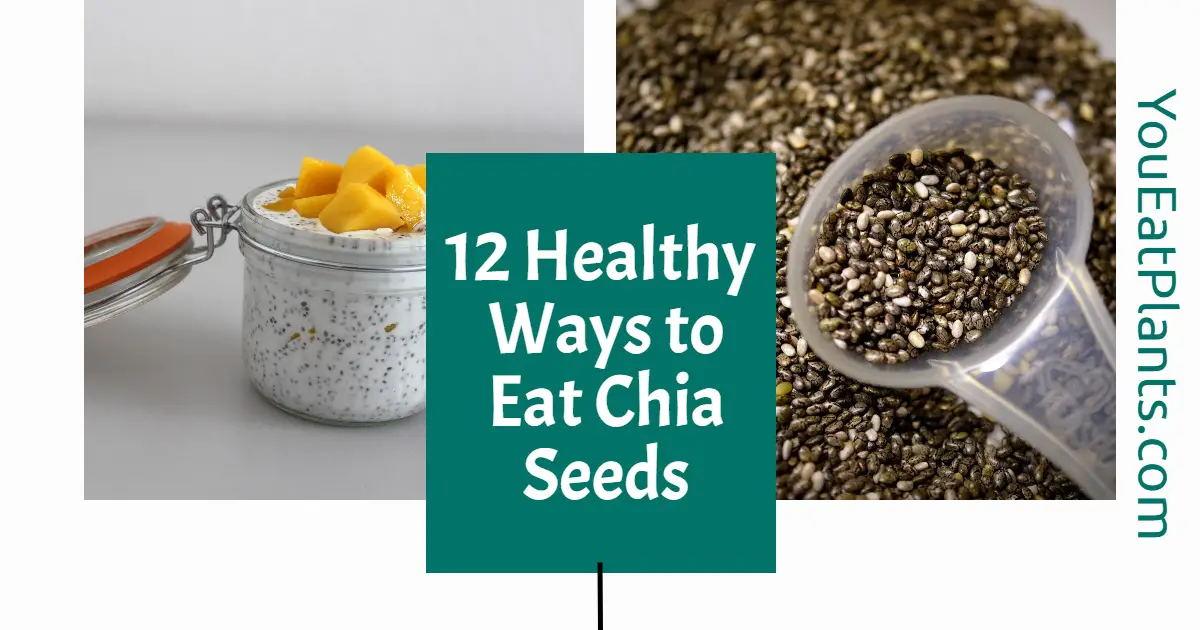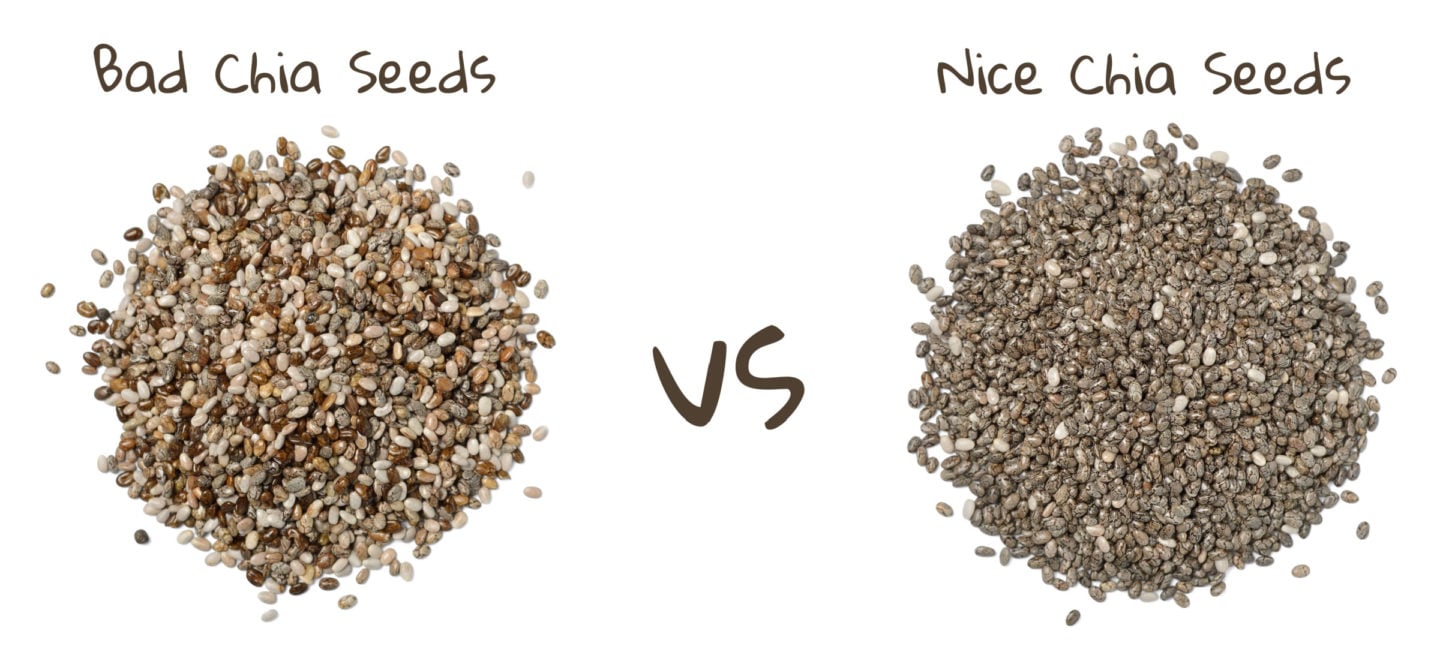Can I Eat Expired Chia Seeds

That forgotten bag of chia seeds lurking in the back of your pantry – is it still safe to eat? The question of whether expired chia seeds pose a health risk is a common one, prompting a look at food safety guidelines, storage practices, and the potential dangers of consuming past-date products.
This article will explore the factors determining the safety of eating expired chia seeds, providing information from reputable sources to help consumers make informed decisions about their food.
Understanding Expiration Dates
The "expiration date" or "best by" date on food packaging is often misunderstood. These dates are primarily indicators of quality, not safety, according to the United States Department of Agriculture (USDA).
This means that the food might not taste as fresh or have the same texture after that date, but it's not necessarily unsafe to consume.
However, this doesn't mean you can disregard expiration dates altogether, especially when it comes to certain types of food.
Chia Seeds: A Unique Case
Chia seeds are generally considered shelf-stable due to their low moisture content and high antioxidant levels. These characteristics help to inhibit the growth of bacteria and slow down rancidity, extending their lifespan.
However, like all foods, chia seeds can degrade over time. The primary concern with expired chia seeds is rancidity.
Rancidity occurs when the fats in the seeds oxidize, leading to an unpleasant odor and taste.
Identifying Rancidity
How can you tell if your chia seeds have gone bad? The most obvious sign is a noticeable change in smell.
Fresh chia seeds have a mild, slightly nutty aroma. Rancid chia seeds will have a distinctly bitter or paint-like odor.
Taste is another indicator. If the seeds taste bitter or off, they are likely rancid and should be discarded.
Also, look for any visible signs of mold or discoloration. If you spot any of these, do not consume the seeds.
Potential Risks of Eating Rancid Chia Seeds
While eating slightly rancid chia seeds may not cause immediate illness, it's not recommended. Consuming rancid fats can lead to digestive upset in some individuals.
Long-term consumption of rancid fats has been linked to potential health problems due to the formation of harmful free radicals in the body.
These free radicals can contribute to inflammation and oxidative stress, which are associated with various chronic diseases.
Proper Storage for Longevity
Proper storage is key to extending the shelf life of chia seeds and preventing rancidity. Store chia seeds in an airtight container in a cool, dark, and dry place.
Avoid exposing them to direct sunlight, heat, or moisture, as these factors can accelerate oxidation.
The USDA recommends storing dried goods, including seeds, in pantry-like conditions – generally considered to be below 75°F (24°C).
What Experts Say
Food safety experts generally advise erring on the side of caution when dealing with expired foods. If you're unsure about the safety of your chia seeds, it's best to discard them.
Registered Dietitian, Jane Smith, emphasizes that "While chia seeds have a good shelf life, relying on sensory evaluation – smell and taste – is important. If they smell or taste off, it’s not worth the risk."
The Food and Drug Administration (FDA) provides general guidelines on food storage and safety but does not have specific recommendations for chia seeds.
A Human-Interest Story
Sarah, a health-conscious blogger, learned the hard way about expired chia seeds. After adding what she thought were fresh chia seeds to her smoothie, she experienced an upset stomach later that day.
Upon inspecting the bag, she realized the seeds were past their "best by" date and had a slightly bitter smell. "I was so focused on eating healthy that I didn't even check the expiration date," she admits. "Now I always double-check and store my chia seeds properly."
Making an Informed Decision
So, can you eat expired chia seeds? The answer is: it depends. If the chia seeds are properly stored and show no signs of rancidity (off smell or taste), they may still be safe to consume, even after the "best by" date.
However, if they smell or taste rancid, it's best to discard them to avoid potential health risks. Prioritize your health and safety by practicing proper storage and being mindful of expiration dates.
Ultimately, the decision is yours, but using your senses and applying the information here can help you make the best choice for your well-being.


